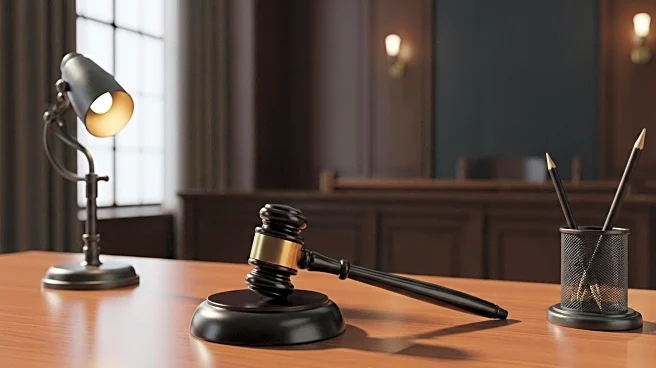What's Happening?
Ryan Routh, charged with attempting to assassinate President Trump, has rested his case after presenting a brief defense. He called three witnesses, including a former Marine sniper, to testify about the malfunctioning rifle allegedly used in the attempt. Routh, representing himself, faced challenges in adhering to judicial rules during witness questioning. He has pleaded not guilty to all charges. The trial, presided over by U.S. District Judge Aileen Cannon, has seen interruptions due to Routh's lack of legal expertise. Prosecutors have detailed Routh's alleged plan to attack Trump at his golf club, presenting 38 witnesses over seven days.
Why It's Important?
This trial is significant as it addresses the legal and security implications of assassination attempts on political figures. It raises questions about the effectiveness of self-representation in complex legal cases and the ability of defendants to navigate the judicial system without professional legal assistance. The case also highlights the importance of security protocols for public figures and the potential consequences of breaches. The trial's outcome could influence future legal strategies and security measures for political leaders.
What's Next?
Closing arguments are scheduled, with jurors expected to begin deliberations soon. The trial's conclusion will be pivotal in determining Routh's fate and may set precedents for handling similar cases. The decision could impact public confidence in security measures and the judicial system's ability to manage high-profile threats.











